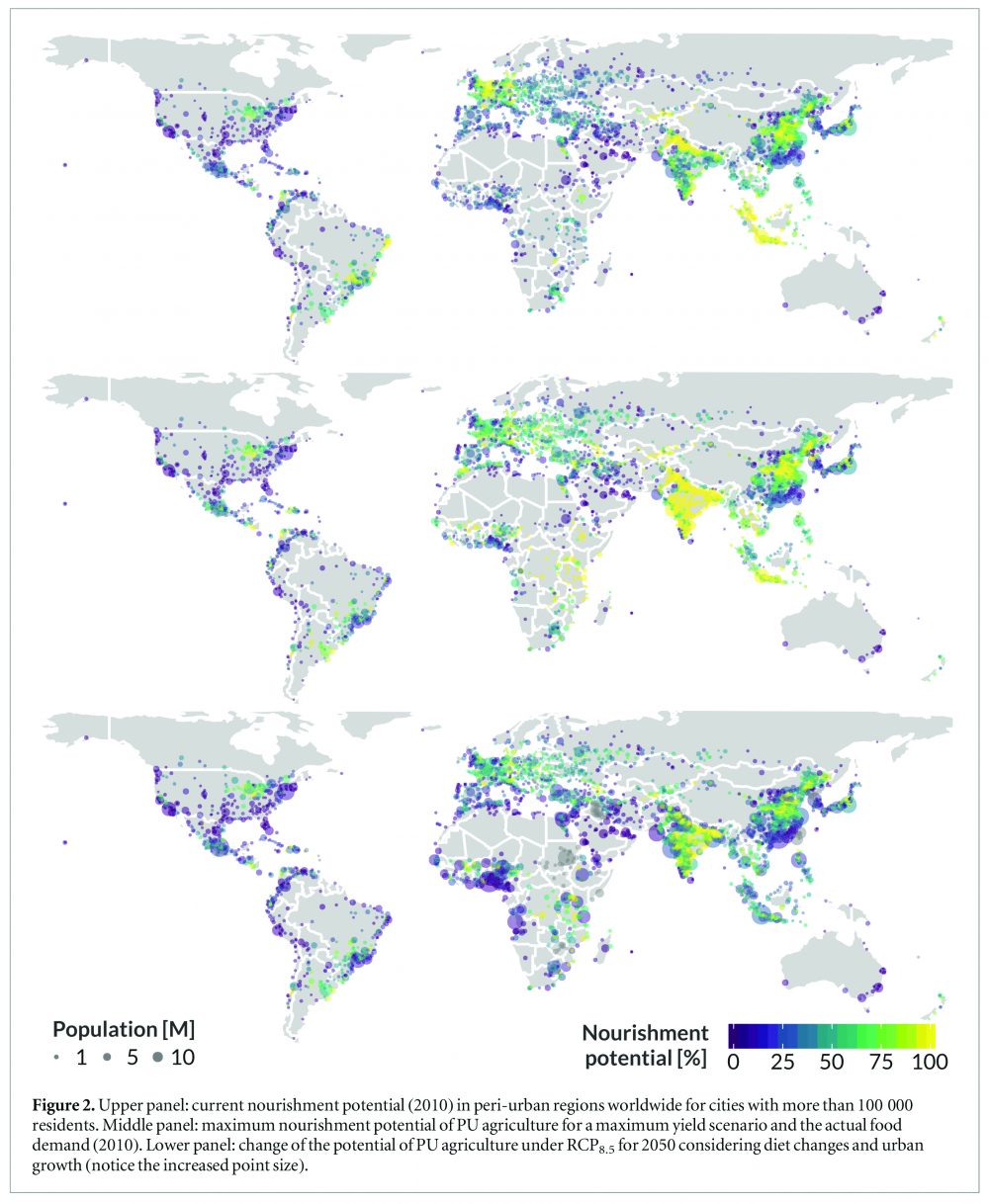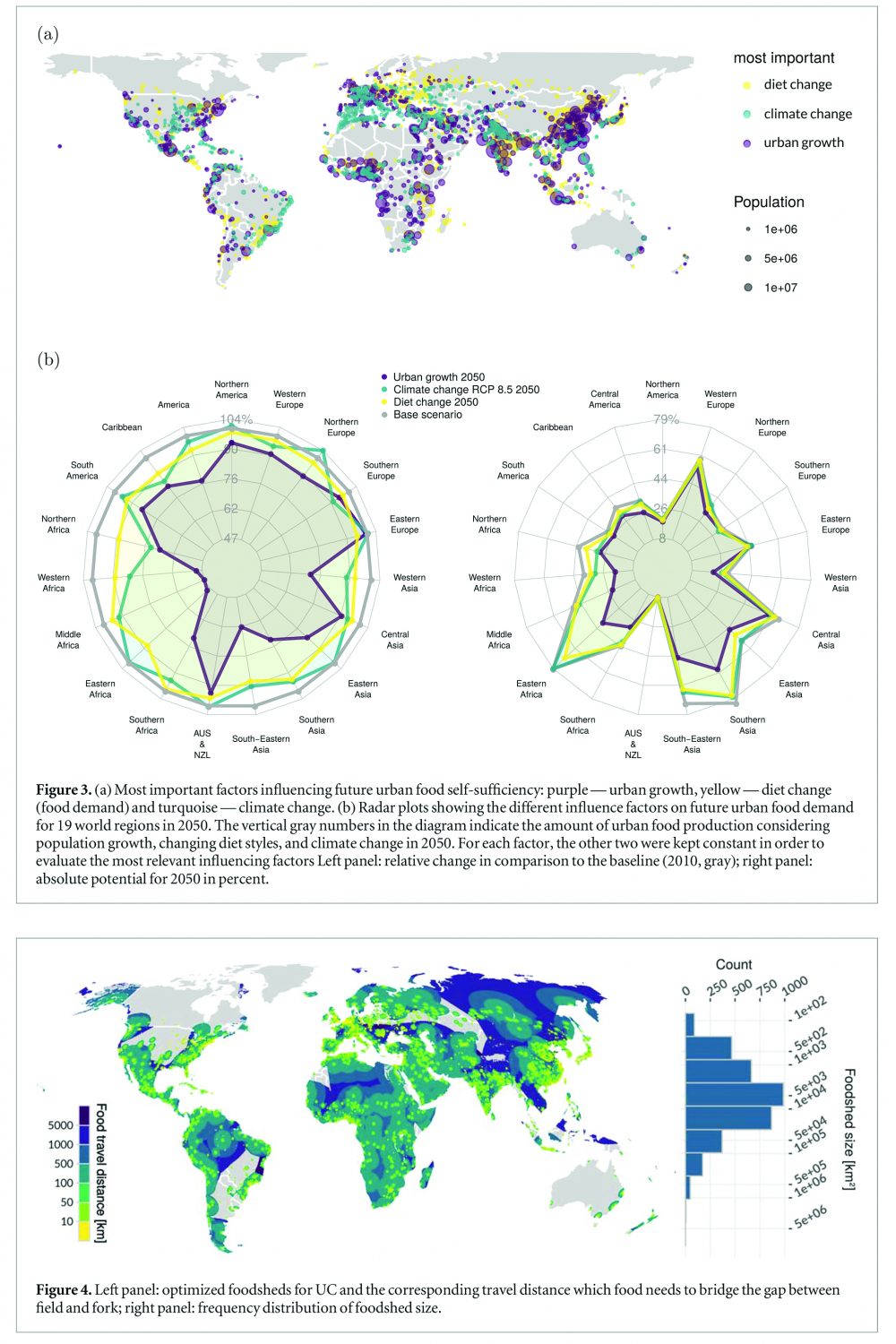
Lisbon/Berlin. Cities are crucial for climate change to be brought to a halt or even avoided. Long-distance transport of food products causes many CO2 emissions. Using local resources can reduce these emissions.
Millions of tons of food are transported to our cities each year. This transport brings food from all over the world, which leaves farm gates by road, rail or sea and causes huge amounts of CO2 emissions. A team of scientists from the Potsdam Institute for Climate Studies (Germany) has for the first time made a study of the potential of local food production to feed cities both now and in the future.

These are three examples of agricultural products that are transported long distances across the globe to feed people in our cities. “These transports are currently responsible for a large ecological footprint. It is becoming clear that demographic growth implies not only a growth of cities and their infrastructures, but also an increase in resources that are needed and greenhouse gas emissions,” explains Prajal Pradhan, one of the authors of the study. “Because of this we ask ourselves what impact it would have if cities obtained their food from local produce? How many people could be fed this way and how much CO2 would be saved by reducing the need for transport – and also if there are any more factors that are important and linked to this issue, such as changes in lifestyle or the growth of urban areas.”
The scientists’ work concluded that it is the growth of cities that has the greatest influence on their future needs for food. The second most important factor is lifestyle and dietary trends, such as, for example, the increasing consumption of meat. The third factor is climate change and its consequences, which have an impact on agricultural production.
The scientists analysed more than 4,000 cities with more than 100,000 inhabitants. Two million people live in the metropolitan area of Lisbon. To analyse consumption habits, cities were grouped into metropolitan areas which had links between them. Other examples for metropolitan areas are megacities such as New York, Guangzhou, Tokyo and Mexico City, areas with 40 million inhabitants. The cities analysed add up to 2.5 billion people – which is about 70 percent of the world’s inhabitants.
The study provides a first analysis of the global potential of auto-production in cities and of supply from local agriculture, in combination with other relevant effects. It has been shown that optimised local production can reduce global emissions from food transportation by tenfold – the figure corresponds to saving four percent of total CO2 emissions. Local food production can reduce dependence on the transportation of food around the globe, but the unstoppable growth of cities and changes in eating habits and climate may reverse this effect. The production of food in situ can be an adaptation that increases food security and closes nutrient cycles, thus contributing to climate protection.
 Eco123 Revista da Economia e Ecologia
Eco123 Revista da Economia e Ecologia

